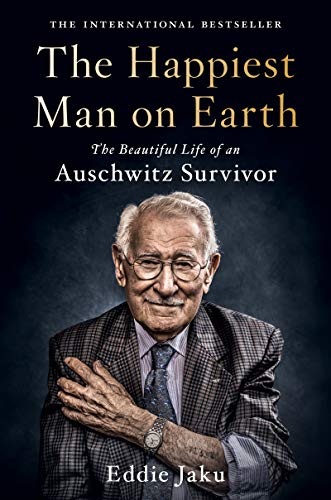
The Hunger Angel
by Herta Müller
"A Novel"
Popularity
3.1 / 5
* A book's popularity is determined by how it compares to all other books on this website.
Where to buy?
Buy from Amazon* If you buy this book through the link above, we may receive a small commission at no extra cost to you.
The Hunger Angel by Herta Müller
Details
War:
World War II
Perspective:
Prisoners of War
Biography:
No
Region:
Europe
Page Count:
290
Published Date:
2013
ISBN13:
9781846272783
Description
Main Themes and Topics
The Hunger Angel by Herta Müller is a poignant exploration of human endurance and the psychological impact of totalitarian regimes. The novel delves deeply into themes of survival, identity, and memory, as it narrates the harrowing experiences of Leo, a young man deported to a Soviet labor camp. Through Leo’s story, Müller addresses the larger historical context of displacement and the dehumanizing effects of political oppression. The persistent struggle against hunger becomes a central motif, reflecting the broader deprivation of freedom and dignity.
Writing Style and Tone
Herta Müller's writing style in The Hunger Angel is noted for its stark, poetic prose. The novel’s tone is reflective and introspective, capturing the bleakness of camp life and the nuanced psychological states of its protagonist. Müller employs vivid imagery and metaphors that resonate deeply, allowing readers to penetrate the inner world of Leo. Her language is both haunting and lyrical, thereby intensifying the sense of desolation and longing that permeates the narrative.
Awards and Recognition
The Hunger Angel is a testament to Herta Müller's literary prowess and has received significant acclaim. Müller, a Nobel Prize laureate in Literature, has been celebrated for her profound insights into the human condition under oppressive regimes. The book has been praised for its emotional depth and historical significance, contributing to Müller’s reputation as a preeminent voice in contemporary literature.
Criticism
While The Hunger Angel has been widely lauded, some critics have pointed to its dense and, at times, abstract narrative style as a potential barrier for readers. The novel's intricate language, though beautifully rendered, may pose challenges in accessibility for those unaccustomed to Müller's poetic approach. Despite this, the novel's impact and resonance with themes of survival and memory remain powerful.
Brief Summary
The Hunger Angel follows the journey of Leo, a young man forcibly taken from his home and sent to a Soviet labor camp in the bitter winter of 1945. Throughout his ordeal, Leo clings to his grandmother's parting words, which fuel his resilience amidst the harsh realities of camp life. The novel offers a deeply personal portrayal of displacement and the quest for a semblance of home in the face of adversity.


![The Tattooist of Auschwitz [Movie-Tie-In]](https://m.media-amazon.com/images/I/51oBZ7tuzeL._SL500_.jpg)






